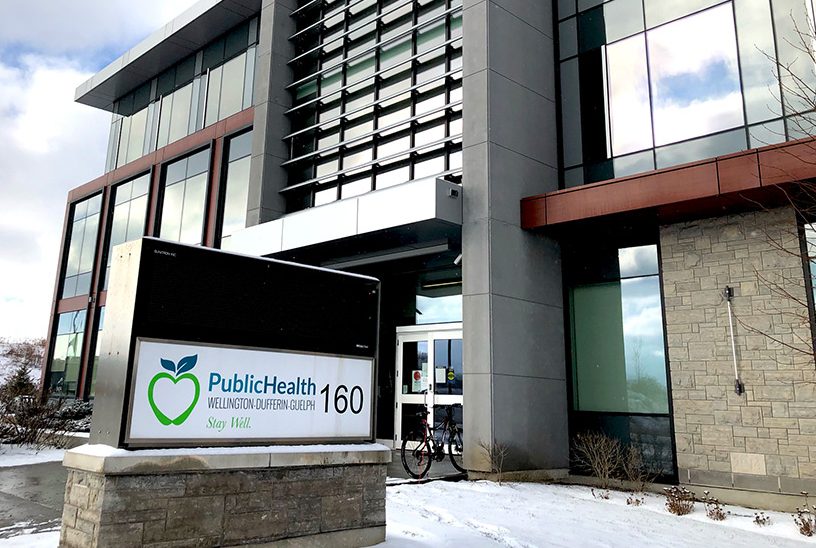GUELPH – The average family of four can eat a nutritious diet for $315 per week, according to the Wellington-Dufferin-Guelph Public Health monitoring of food affordability report that was presented to the board of health on Dec. 4.
The scenario family profiled in the report consists of a male and female aged 31 to 50, an eight-year-old girl and a 14-year-old boy.
In 2024 it cost this family $315 a week or $1,366 a month to eat nutritious meals by shopping in grocery stores in Guelph, Wellington or Dufferin counties.
Some may balk at the quoted cost – perhaps you pay more, or less. The purpose is not to suggest how to save money at the grocery store or what to put in your grocery cart.
The report is about food insecurity and showing how people on social assistance don’t receive enough to cover basic food and shelter costs, and therefore are at greatest risk.
“People make choices when they don’t have enough money,” said medical officer of health Dr. Nicola Mercer. “Something has to give.”
The scenario family of four has two income earners. Using rental rates in Guelph for the study, 18 per cent of their income would go to rent, 14% to food, leaving $6,624 per month for other expenses.
But a family of four on Ontario Works (OW) spends 58% of their income on rent and 47% on healthy food, leaving a hole of $145 a month.
For a single person on OW, 131% of their income goes to rent and 53% to food. They are in the hole $747 each month.
A single person on the Ontario Disability Support Program (ODSP) would pay 103% of their income on rent; 32% on food; and they’d fall behind by $511 a month.
A single pregnant person on ODSP would pay 100% of their income on rent, 33% on food leaving a deficit of $502 each month.
“If you have a good income, you can afford the nutritional food basket,” said nutritionist Lisa Needham as she presented the report.
“But for low incomes, they are having trouble. And households on social assistance are at extremely high risk of food insecurity.”
This is concerning as more people in Wellington-Dufferin-Guelph are relying on Ontario Works.
Between January and August 2024 there were 2,041 people receiving OW benefits in Guelph and Wellington, up 9% from 2023.
Over the same time, the average number of ODSP beneficiaries in Guelph and Wellington increased by 1% from 2023.
In 2023, 23% of households in Wellington-Dufferin-Guelph were food insecure, the report states.
More people are using food banks because of the cost of food, but also the cost of housing. The two are inter-related, Needham said.
And healthy diets are essential for healthy growth and functioning. In Ontario, 30.7% of children lived in a food insecure household in 2023, which is concerning.
Some of the key negative health outcomes associated with food insecurity, as outlined in the report, include:
- higher rates of chronic conditions, including mental health disorders like depression and suicide ideation, and non-communicable diseases like heart disease, stroke and diabetes;
- higher rates of being diagnosed with infections;
- increase in difficulties managing chronic conditions (e.g., inability to afford healthy food or medications) leading to increased chance of negative disease outcomes, hospitalization and, in worst cases, premature death; and
- higher incidence rates of pain-driven emergency department visits.
“Policies need to focus on adequate incomes and the additional factors that limit a household’s ability to afford healthy food,” the report states.
It suggests the path forward includes a guaranteed basic income, adequate social assistance rates and reduced precarious employment conditions.
Needham noted that during COVID-19 lockdowns, when the government offered financial support to everyone, food insecurity was levelled.
“But it surged again when that assistance was withdrawn,” she said.
“This is part of the poverty picture and the choices people have to make to balance family resources,” Mercer added.
“The impact on children can be lifelong.”



